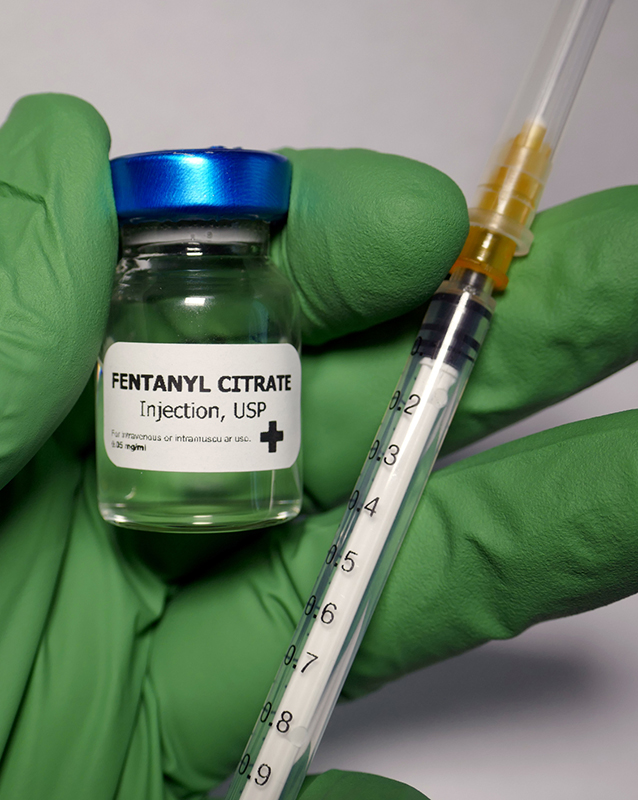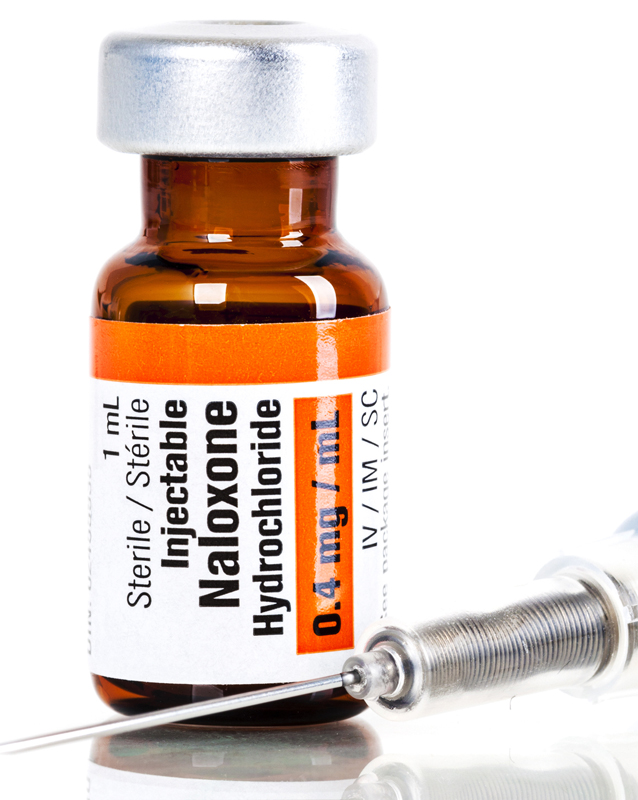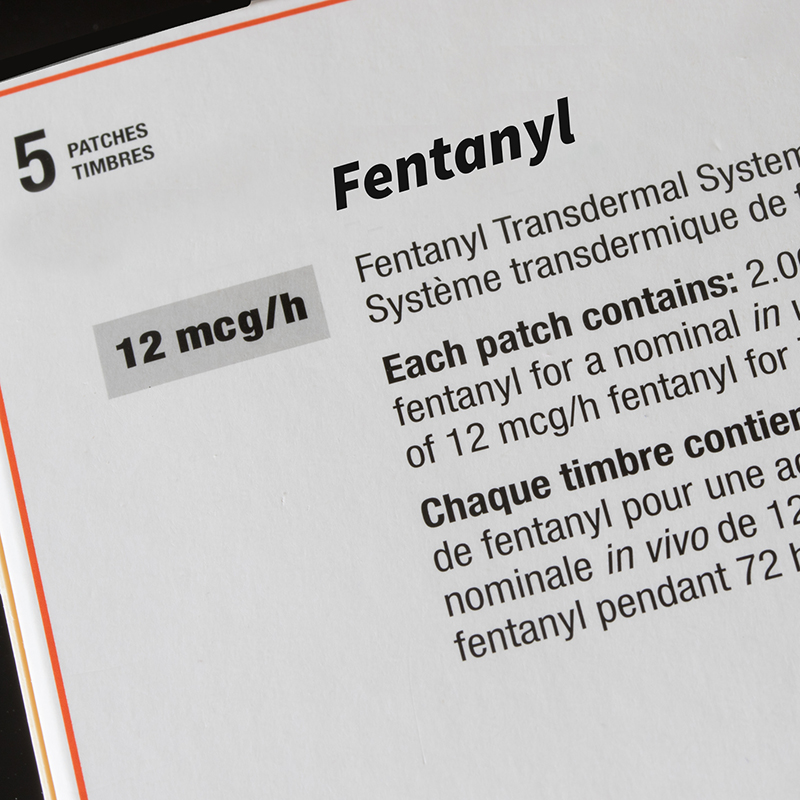Take Our Fentanyl Quiz – How Much Do You know?
[su_space] After going through the D.A.R.E. program in elementary or high school, many people’s education about drugs becomes fairly inconsistent. Though the war on drugs was theoretically meant to protect American citizens, it has actually made it increasingly difficult for data to be accurately collected and distributed to the public. As new drug trends emerge and synthetic drugs hit the market, the pool of information becomes more and more shallow, leaving many people in the dark about important drug-related information, and dangerous new drugs. [su_space] Fentanyl is one such drug. Though the name surfaces in news segments and cautionary tales, it is all too normal to know very little about fentanyl. Whether you are experiencing addiction of any kind, love someone who is, or are simply ready to test your understanding, we have the kind of non-judgmental, science-based information you need to stay safe and in the know about fentanyl.What Is Fentanyl?
Fentanyl is a synthetic opioid. Opioids are a fairly large classification of drugs, and include substances such as morphine, oxycodone, and heroin. These drugs are used for pain management and pain reduction purposes. Many opioids are used during and after surgeries, cancer treatments, or other medical procedures, to ensure that the patient remains comfortable. Fentanyl
is often used when pain is so severe that other opiates do not properly manage the patient’s comfort. It can be prescribed by a doctor.
Unfortunately, fentanyl is not always used in such a controlled setting. It often makes its way into illegal or street settings, where its administration cannot be controlled or monitored. Many people who use fentanyl without a prescription do not administer it correctly, or in the appropriate amounts.

Why Is Fentanyl So Dangerous?
Because it can be prescribed in a legal and safe setting, many people wonder why fentanyl has become such an issue. There are many reasons for this. Firstly, opiates of all kinds are highly addictive. As the body becomes accustomed to them, a larger quantity of opiates is needed to achieve the same effect or outcome. The more opiates in the body, the higher the chance of an overdose.
As a synthetic opioid, fentanyl is extremely potent, and is 50 to 100 times stronger and more potent than other opiates. This makes it much easier to take too much of the drug if using it outside of a professional medical setting.
Another danger of the drug is the fact that it comes in many different forms, so it is not always easy to identify. It can be manufactured into pills, nasal sprays, eye drops, powders, and much more, making it easily disguisable on the illegal drug market. In many cases, it is added to other substances, and users do not spot it.
Cutting With Fentanyl
One of the most terrifying ways that fentanyl appears is mixed in with other drugs on illegal markets. This is often referred to as “cutting” a drug and it is done by drug suppliers and dealers to increase the weight of a drug with something cheaper to maximize profits. It is not uncommon for drugs like cocaine, heroin, and ecstasy to be cut with something else.
When a drug is cut with fentanyl, the user can easily take the drug without knowing that the additive is present. Because fentanyl is so potent, even a small amount can cause an unknowing user to overdose, and potentially die.
Signs of Fentanyl Overdose
Because fentanyl is so potent, it is easy for too much to get into a person’s system accidentally. As with any drug, illegal or legal, too much can cause organs to shut down, and the body’s central nervous system to fail.
If you are around someone who is using fentanyl, or drugs that could be cut with fentanyl, it is important to know the signs of overdose. Being able to quickly identify and act on an overdose can help to save someone’s life.
Every overdose is a little bit different, but these are some major signals to get help immediately:
- Drowsiness
- Dizziness
- Limp body
- Blue lips and nails
- Clammy and/or cold skin
- Slow or nonexistent breathing
- Loss of consciousness
- Low blood pressure
If you see any of these signs, it is important to call 911 right away. There is not very much time to spare.

What can you do if Someone Is Overdosing on Fentanyl?
No matter the situation, you need to call 911 if someone is showing signs of overdose. Remember, HIPAA laws will keep the person safe from being turned over to police. The most important thing is to give the individual the best chance at survival.
Narcan/Naloxone
Another key way to keep someone from overdosing on fentanyl is learning how to administer naloxone, and keeping some with you in case of an accidental overdose. This drug can be used in an emergency to reverse an overdose. However, administering it requires proper training and understanding.
It is also worth noting that naloxone does not work 100% of the time. Depending on the amount of fentanyl in the person’s system, the naloxone could only have temporary benefits. In some cases, the person may already be too far gone for naloxone to work. Though it certainly is an option as a last resort, it is always best to take the person to get professional medical help after naloxone is administered.
Fentanyl Addiction
It is important to know that fentanyl is a highly addictive drug. Opiates of all kinds pose the threat of addiction, even ones that are regularly used in hospitals and care centers. Because fentanyl is extremely potent, the risk of addiction is much higher for smaller amounts or fewer uses. Withdrawal is a key signal that your body is addicted to a substance. This process often
prompts people to use the drug again, to make the symptoms stop. This, however, is not a good idea. If you or someone you love has a fentanyl addiction, it is time to seek professional help.
Signs of fentanyl withdrawal and addiction include:
- Cravings
- Sweating
- Nausea, vomiting, or diarrhea
- Muscle spasms
- Chills
- Irritability
- Sleep disturbances

Though these symptoms may seem painful and difficult to endure, it is important to know that the withdrawal and rehabilitation processes do not need to be done alone. There are many support options to help make the process more approachable and possible.
Non-Medical Side Effects of Fentanyl Use
As with any addiction, an unhealthy or unmonitored reliance on fentanyl has a significant effect on a user’s life. Not all of these effects are medical or physical. Many times, the person’s personal and social lives suffer as a result of their addiction.
Some common signs of this include:
- Distance from friends, family, and coworkers
- Inability to participate in activities that do not involve fentanyl
- Disinterest in hobbies or events that used to bring joy
- Inability to hold a job, or frequent reprimands/write-ups at work
- Diminished self-image
- Lack of access to stable housing
- Difficulty concentrating on anything that is not fentanyl
These side effects can have just as much impact on a person’s life as the physical side effects of fentanyl.
Fentanyl FAQs
Fentanyl is not always discussed in drug and alcohol education classes, so it is normal to have questions. We’ve answered some common ones below.
Similar to produce at the grocery store, drug suppliers and dealers sell their product by weight. Drugs like cocaine are often expensive, and buyers will pay significant prices to get some.
Because these dealers are not held to any sort of standards or requirements, they add fentanyl to their supply to make the product seem heavier than it really is. Fentanyl is less expensive than the drugs they’re selling, and buyers will pay the same price. This means more money in their pockets, but also more deaths on their conscience.
When administered by a medical professional, fentanyl is considered safe. It provides a high level of pain relief that other opiates cannot match, meaning that individuals with severe pain can manage their symptoms. However, like many opiates, when fentanyl is abused it can become dangerous.
Every fentanyl user is different. Many people who use fentanyl recreationally do so to achieve a high, or get help sleeping. Unfortunately, many fentanyl users turn to the drug in order to satiate a need that they can no longer get from a doctor. For example, an opiate might be prescribed by a doctor for post-surgery pain. When the prescription runs out, the person may suffer withdrawal. Rather than enduring withdrawal symptoms or seeking help, some individuals turn to fentanyl or other illegally-sold opiates to continue their body’s craving for pain relief.
Tragically, many people who die of fentanyl did not intend to use the drug at all. Rather, they unknowingly ingested another substance that was cut with fentanyl and overdosed.
It is difficult to know for sure, which is one of the scary aspects of fentanyl. The best way to ensure that you don’t experience accidental overdose is to refrain from using any drugs that were not prescribed to you.
You can obtain fentanyl test strips and test drugs before you use them, as another option. However, it is not possible to be 100% safe when using controlled substances, so it is best to refrain altogether if you can.
If you have a loved one who is experiencing an addiction, the best thing you can do is encourage them to seek professional rehabilitation. Treatment Centers can help them withdraw safely, and offer your loved one comprehensive therapy to address any underlying issues that led to addiction.
If rehabilitation is not possible at the current time, consider being trained to administer naloxone. This can help to protect your loved one if they overdose while you are around. Of course, this is not a fail-proof system, but it is a tool that can increase their chances of survival.
If you are passionate about keeping yourself and others safe, take our fentanyl self-assessment quiz above to see how much you know!
Help For Fentanyl Addiction
It can be comforting to know that there are options when it comes to recovering from a fentanyl addiction. Treatment centers personalized outpatient care to those struggling with drugs and alcohol. We believe in helping our clients truly heal, so we offer therapy and self-improvement programs to build self-esteem, work through trauma, and solve the underlying issues that contribute to addiction. We take a realistic approach to healing, and are here to support our clients every step of the way.
To learn more about how our services can help you or a loved one with fentanyl addiction, contact us today. We can answer any questions you have. We’re always here to help.



